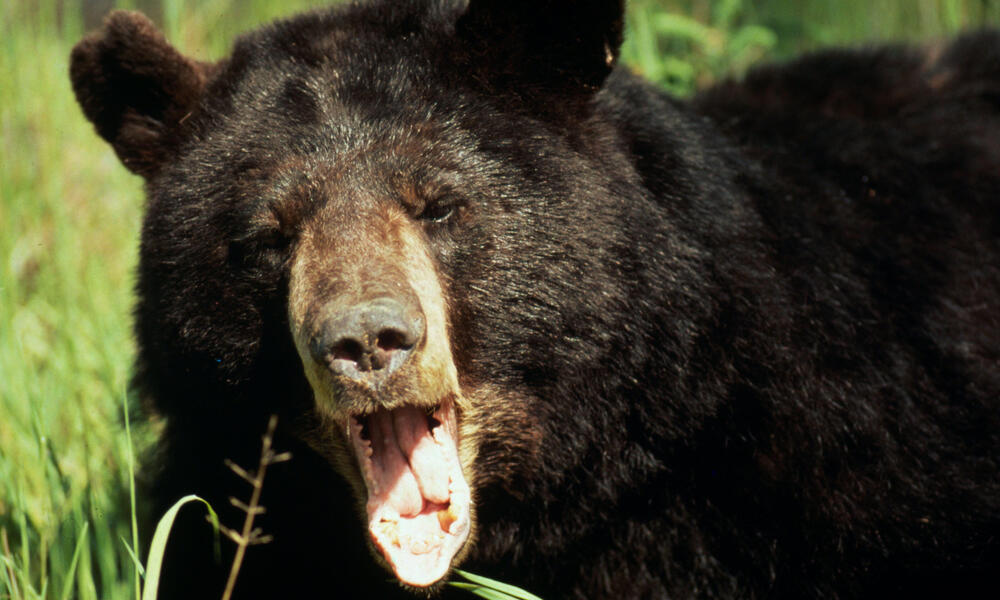It was poised to become a cult classic even before it hit cinemas, but now that the film “Cocaine Bear” has been released, it looks as though it will be one of the surprise movie successes of the year.
However, among some of the more obvious questions arising from watching the story of a black bear who becomes murderously aggressive after eating cocaine, one of the main ones is whether animals can become addicted to drugs.
“Cocaine Bear” is loosely based on a true story from the 1980s when a bear ate kilos of cocaine that drug criminals dropped in a forest. In the film, the drugs turn the bear into a killing machine.
"Animals can react to drugs just as much as humans," biologist Hans Van Dijck said in an interview with VRT News. "A dog and a cat can get high when you smoke cannabis while your pet is sitting next to you, for example."
"We like to think that animals are very different from us, but that's not the case. Animals also have a reward mechanism. They spoil themselves with drinks or food they like. Or with sex. That reward mechanism can go wrong if you reward yourself with something that seems tasty, but isn't, like cocaine, for example."
Related News
- Bird flu spreads 'war' on poultry to new countries
- Suspected dealers in Brussels charged with cruelty to exotic animals
So, animals can be affected, but that doesn't necessarily mean they become addicted, according to Van Dijck. "Just like with humans, it depends. It can be different from animal to animal. Some people are more prone to addictions than others."
Some animals deliberately use drugging agents. "Reindeer eat hallucinatory mushrooms, for example. Some insects react to alcohol," said Van Dijck. "Meanwhile, scientists have also found that male fruit flies that have less sex drink more alcohol."

